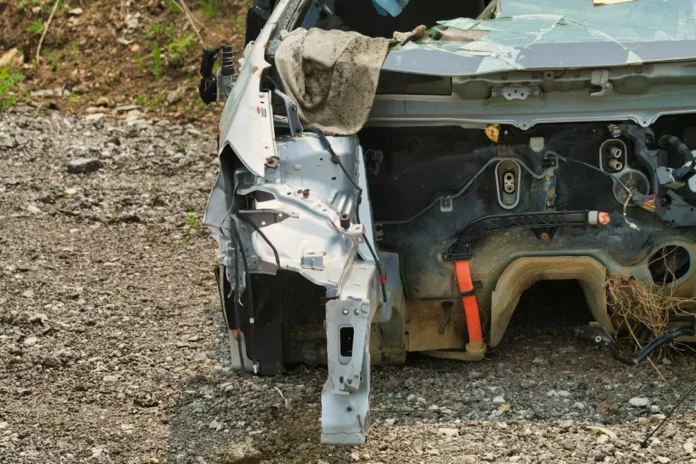Forming journalists is a crucial task in today’s society, where the media plays a significant role in shaping public opinion and disseminating information. In recent years, the need for well-trained and ethical journalists has become even more pressing, with the rise of fake news and biased reporting. To address this issue, workshops and training programs have been developed to equip aspiring journalists with the necessary skills and knowledge. One such workshop is the investigative journalism workshop “‘Ndrangheta stereotypes and reality” organized by Claudio La Camera.
Claudio La Camera, a renowned Italian journalist and author, has been at the forefront of investigative journalism for many years. With his extensive experience and expertise, he has been instrumental in training young journalists in the art of investigative reporting. His latest workshop, “‘Ndrangheta stereotypes and reality,” focused on the notorious Italian organized crime group, the ‘Ndrangheta. The aim of the workshop was to break the stereotypes surrounding the ‘Ndrangheta and shed light on the reality of their operations.
The workshop, which took place over three days, was attended by a group of aspiring journalists from various backgrounds. Through a series of lectures, discussions, and practical exercises, Claudio La Camera and his team of experts delved into the complex world of the ‘Ndrangheta. The participants were given an in-depth understanding of the history, structure, and operations of the criminal organization. They were also taught the techniques and tools of investigative journalism, such as source verification, fact-checking, and data analysis.
One of the highlights of the workshop was a session on the ‘Ndrangheta’s involvement in the illegal drug trade. The participants were presented with real-life case studies and were tasked with investigating the connections between the ‘Ndrangheta and drug trafficking. This exercise not only honed their investigative skills but also gave them a glimpse into the dangerous and secretive world of organized crime.
Another significant aspect of the workshop was the emphasis on ethical journalism. Claudio La Camera stressed the importance of responsible and unbiased reporting, especially when dealing with sensitive topics such as organized crime. The participants were reminded of their role as journalists to inform and educate the public, rather than perpetuate stereotypes or sensationalize news.
The workshop also featured guest speakers, including lawyers and law enforcement officials, who shared their experiences and insights into the ‘Ndrangheta. This provided the participants with a well-rounded perspective and gave them a better understanding of the challenges faced by those fighting organized crime.
The impact of the workshop was evident in the final projects presented by the participants. Through their investigative reports, they were able to debunk several stereotypes surrounding the ‘Ndrangheta and reveal the harsh reality of their operations. The projects were praised for their thoroughness and objectivity, a testament to the effectiveness of the workshop in training ethical and skilled journalists.
However, the impact of the workshop did not end there. One of the participants, a young journalist named Maria, was able to uncover new evidence in an ongoing case involving the ‘Ndrangheta. Her findings were crucial in the investigation, and she was commended by the authorities for her contribution. This is a clear example of how the workshop not only formed journalists but also had a positive impact on society.
In conclusion, the investigative journalism workshop “‘Ndrangheta stereotypes and reality” organized by Claudio La Camera was a resounding success. It not only equipped aspiring journalists with the necessary skills and knowledge but also played a crucial role in breaking stereotypes and revealing the truth about the ‘Ndrangheta. The workshop serves as a shining example of the importance of training and forming ethical journalists, and we can only hope to see more initiatives like this in the future.

